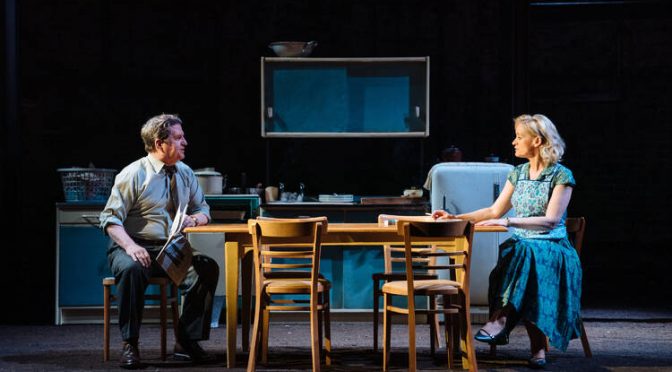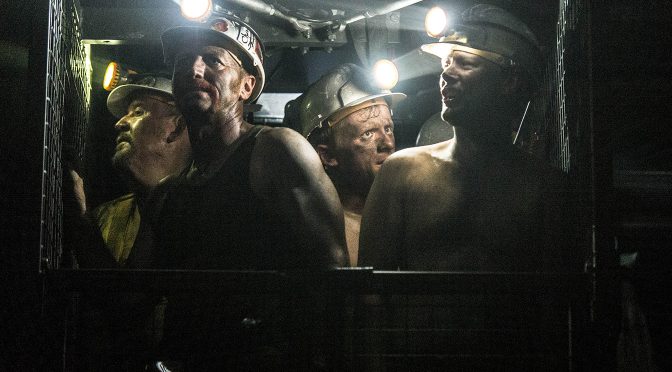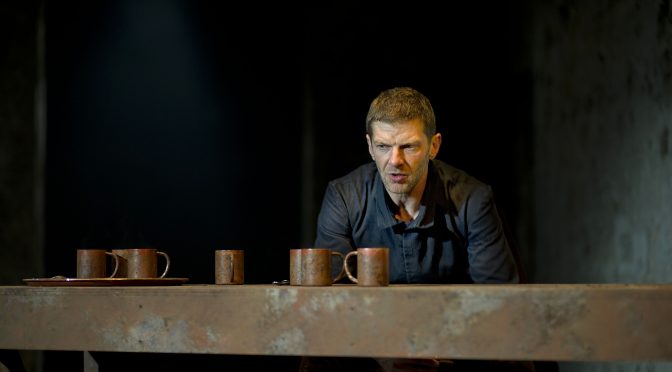Beth Steel’s new play is a working-class family history with politics… and ghosts. The story is bold – scenes include a home abortion – but overblown, and the overall effect is powerful, if messy.
The family, whose house we watch through the years, is an unhappy one. The events they live through, personal and political, are depressing. Plays normally provide light relief no matter how much time is spent around the kitchen sink, but humour here is, like the characters, bitter.
Steel is brave to make her lead, Constance, so unsympathetic. But despite an abusive background and frustrations around her limited opportunities, the character is impossible to care for. It’s a full backstory for Anne-Marie Duff, who excels in the role, but might Steel alienate us from Constance too much? With a series of scenes that challenge belief, the character is simply monstrous.
There’s no reason why all the spite and anger in House of Shades shouldn’t make good drama. But Constance causes an imbalance in the play. The other characters are reduced to reacting to her or mouthpieces for political positions. Only Stuart McQuarrie, as the long-suffering husband, manages to hold his own.
As for the politics (a big part of the play), a potted history of the Labour party all the way up to Brexit tensions is just a rehash of old arguments. Agree with them or not, there’s too much shouting (which director Blanche McIntyre should have stomped on) and nothing new to hear.
So, what about those ghosts? It is stated that “Death silences no one, least of all the dead.” which might strike you as just silly… but let’s go with it. Having characters reappear and have a say when they are deceased leads to strong moments. These scenes are the best of McIntyre’s generally fussy direction (at least all the messing around with plates and food stops).
Yet well before we get an appearance from Aneurin Bevan (who would be haunted by him?) it’s clear that a good idea has been used to little effect. Like the presence of a chorus style figure (well performed by Beatie Edney) who makes an appearance in two very different guises, there is little new to the drama or argument. There’s no shock, call to action or addition to the debate – just a long play that ends up saying nothing new.
Until 18 June 2022
Photo by Helen Murray



